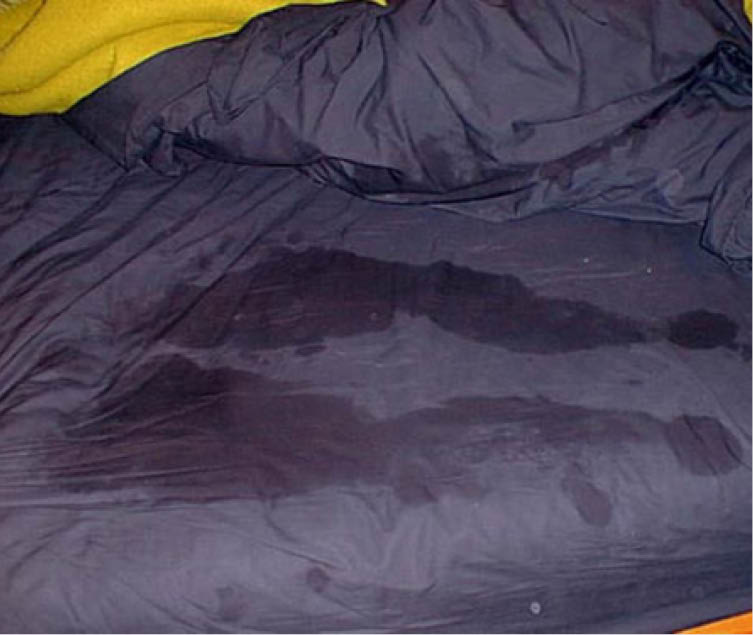7 causes of night sweats
This is not about when your room hot and there’s little air movement. That’s sweating at night. But night sweats are about repeated drenching perspiration in the middle of the night. You are likely to wake and may even need to change your clothes or sheets. It is not about temperature. It is a medical […]

This is not about when your room hot and there’s little air movement. That’s sweating at night. But night sweats are about repeated drenching perspiration in the middle of the night. You are likely to wake and may even need to change your clothes or sheets. It is not about temperature. It is a medical issue that could be any of these.
Overactive thyroid. Sweating more and being sensitive to heat are notable symptoms of hyperthyroidism. Your thyroid gland controls your metabolism, so when it makes too much hormone, your body goes into overdrive. Your body temperature rises, and you could be hungrier or thirstier, have a racing pulse or shaking hands, feel tired and out of sorts, get diarrhoea, and lose weight.
insulin shot
Low blood sugar. Do you have diabetes? While your blood glucose may be OK when you turn in, it can drop while you’re asleep. Maybe you had a very active day, or exercised in the evening, or had a late dinner. If you use insulin or take a sulfonylurea-type drug to manage your diabetes, that may be responsible for your overnight
Tuberculosis. About half of all people who get this disease have night sweats. The bacteria usually grow in your lungs. You’ll probably have a serious, painful cough with blood and coloured gunk (phlegm). You also might feel feverish, tired, and weak, and have no appetite.
Anxiety. Stress, worry, and panic can make you break out in a sweat during the day, so it’s no surprise anxiety can have the same effect at night. Nightmares and sleep terrors are less common in adults than children, but both can leave anyone sweaty and with a pounding heart. Seek help from a counsellor, therapist, or your doctor if these disturbances are ongoing or causing problems in your life.
HIV. Fever, sore or swollen lymph nodes, and joint pain are more common symptoms after you first get the virus and become HIV-positive, but about 1 in 10 people get night sweats. People living with HIV who have symptoms like weight loss and diarrhea may get night sweats once a week or so. AIDS-related opportunistic infections like mycobacterium avium (MAC, MAI) and cytomegalovirus can cause them, too.
Menopause. “Hot flashes” before and after your final period can be hard to distinguish from night sweats. Younger women who’ve had both ovaries removed or who stopped menstruating because of chemo can also get them. They’re more likely to happen when you’re anxious, depressed, or have a drink every day. But just because you’re a woman of the right age (typically, in your late 40s or 50s), don’t assume your night sweats are menopause-related.
Infection. A recent bacterial infection could trigger night sweats, often with a fever. For example, you could get brucellosis from raw milk or unpasteurized cheese, or if you handle animals or animal products. Other common bacterial infections are endocarditis (the inner lining of your heart), osteomyelitis (bone), and a pocket of pus in your liver called a pyogenic abscess.
Courtesy: WebMD
